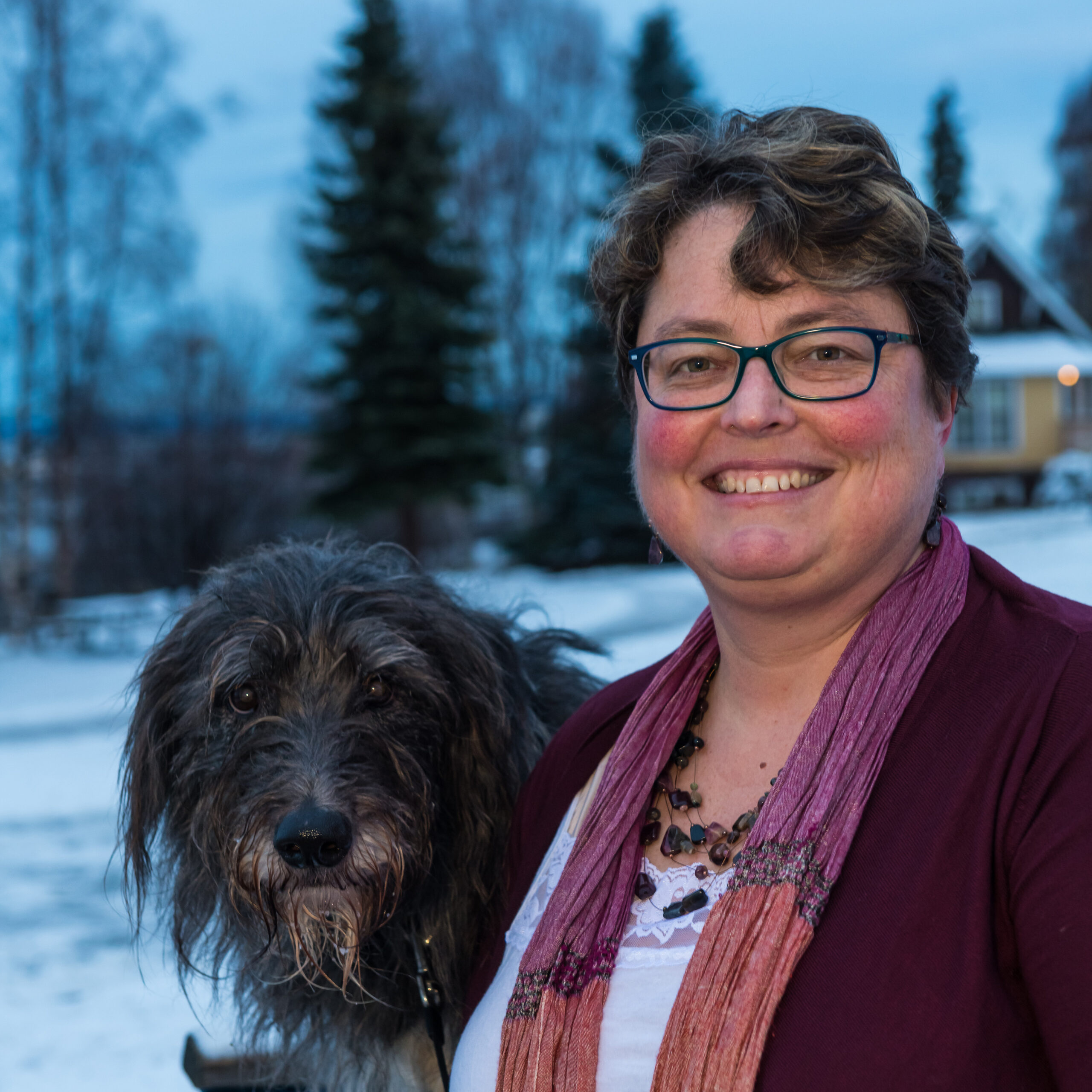
Alaska News Brief–April 2020
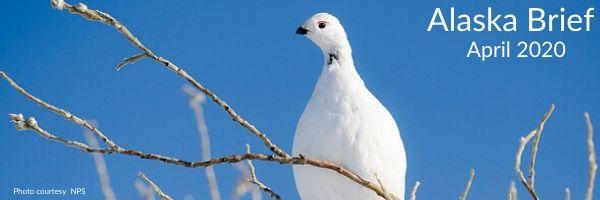
A couple of weeks ago I had to take my dog to the vet.
While waiting in the car for my turn to pass him to the vet tech, I noticed the long line of cars at the fast food drive-through window next door.
It occurred to me how deeply we’re defined in our roles as consumers and workers, and how those roles determine how we view “normal life”–where we go, when we go, what we do when we get there, who we encounter, what kind of transactions take place, even what we eat, when we shop, and how we prioritize.
That long line of cars at the drive-through window captured all of that and more, in a strange way. You can tell I was there for a while.
After they returned Loki to me with his medication, I tried to start my car. No luck. The battery had run down, so I had to get a jump-start and head to my usual auto shop. They put in a new battery on the spot.
What had started as a “new normal” hunker down workday with deadlines and Zoom meetings had turned into a series of errands and interactions that put me in contact with more people than I had expected or wanted.
Yet, what these people did that day for me mattered deeply. I needed to know Loki was okay, and I needed to get us home in a car that would run.
Though we may need to keep our distance from each other, we also need to remember how we belong to a much larger community. We need to remember that caring about and helping each other is at the heart of our families and neighborhoods. We need to remember that the strangers doing the things we need done deserve recognition–not only because it’s their job, but because we are people sharing a world, and some people take on greater risks as a result of their livelihoods.
We may have to work harder to remember all of that when we’re forced to stay so far apart, but our future depends on our remembering.
The physical distancing we do now is not about “othering” people or viewing them as a threat. It’s about understanding that right now, for some unknown time, keeping a physical distance is how we take care of each other. We’re not social distancing, we’re social care-taking.
Over the last few weeks, I’ve made masks to give away, I’ve donated platelets, as I often do, and I’ve given money as I can because those are ways I can contribute to social care-taking.
For some of us, the close social connections we seek have gone digital, but video chats won’t replace the true warmth of people gathering in the same space, over the same foods, sharing stories, giving hugs.
At Trustees, we try to do that late Friday afternoons with a weekly “Quarantini,” where we sip tea, wine, or whatever else we’ve concocted and spend some time talking about virtual book clubs and cooking and fostering pets, or sharing the antics of our friends and loved ones, the growth of our starts, the latest produce delivery service.
We talk about how we’re doing, what we’re doing, and what we hope to do very soon. And that is a gift when it can be hard to find the good and hope under a deluge of bad news.
It’s not the same as seeing each other every day, but you know what? It sure lightens my heart and makes me smile.
I wish I could say the same about Loki. He’s doing just fine, but he sure misses going to the office every day. My two hands can never do as much scratching behind his ears as 24 hands can.
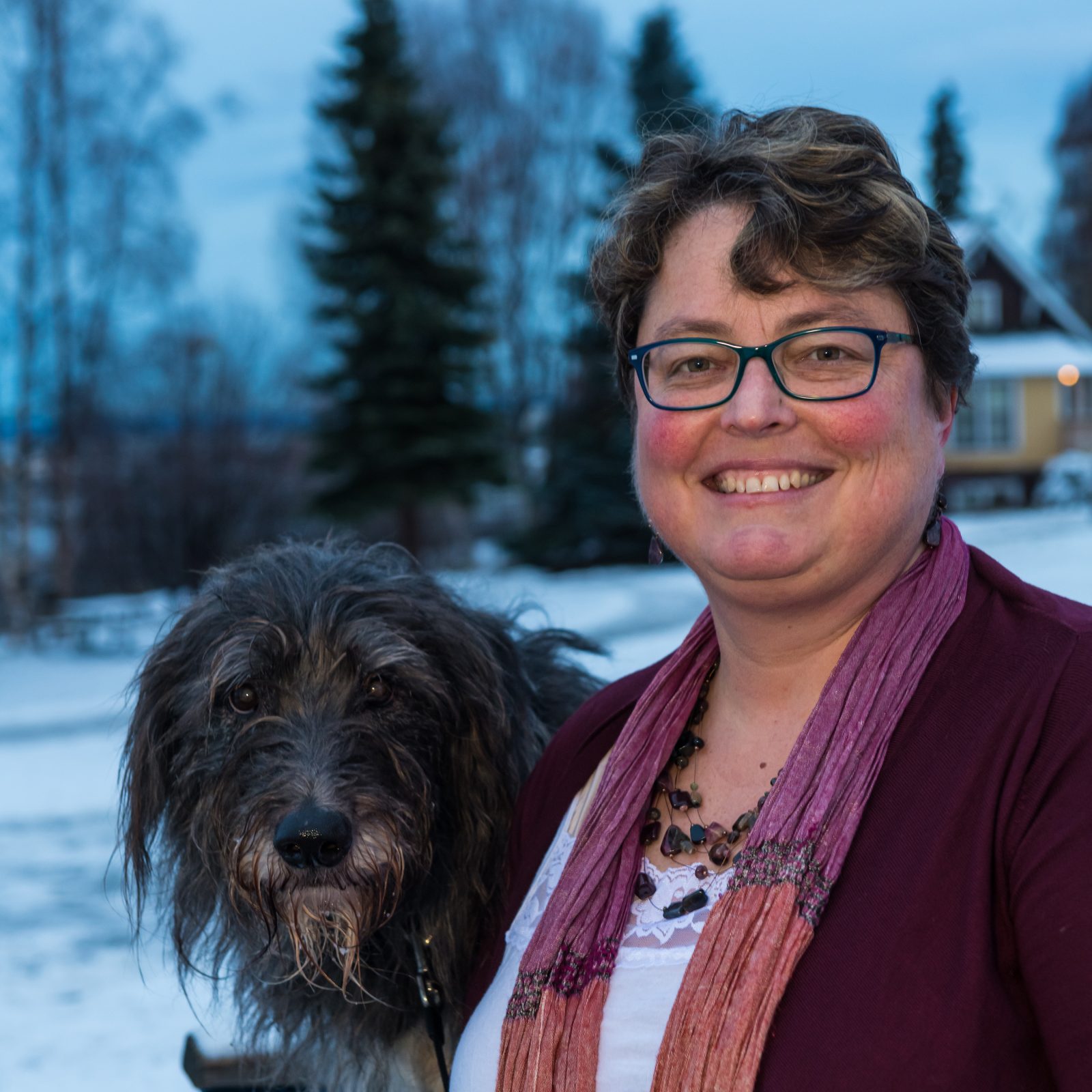

Vicki Clark
Executive Director
Ps. Thanks to supporters like you, we can continue fighting to protect Alaska’s land, water, air, wildlife and people!
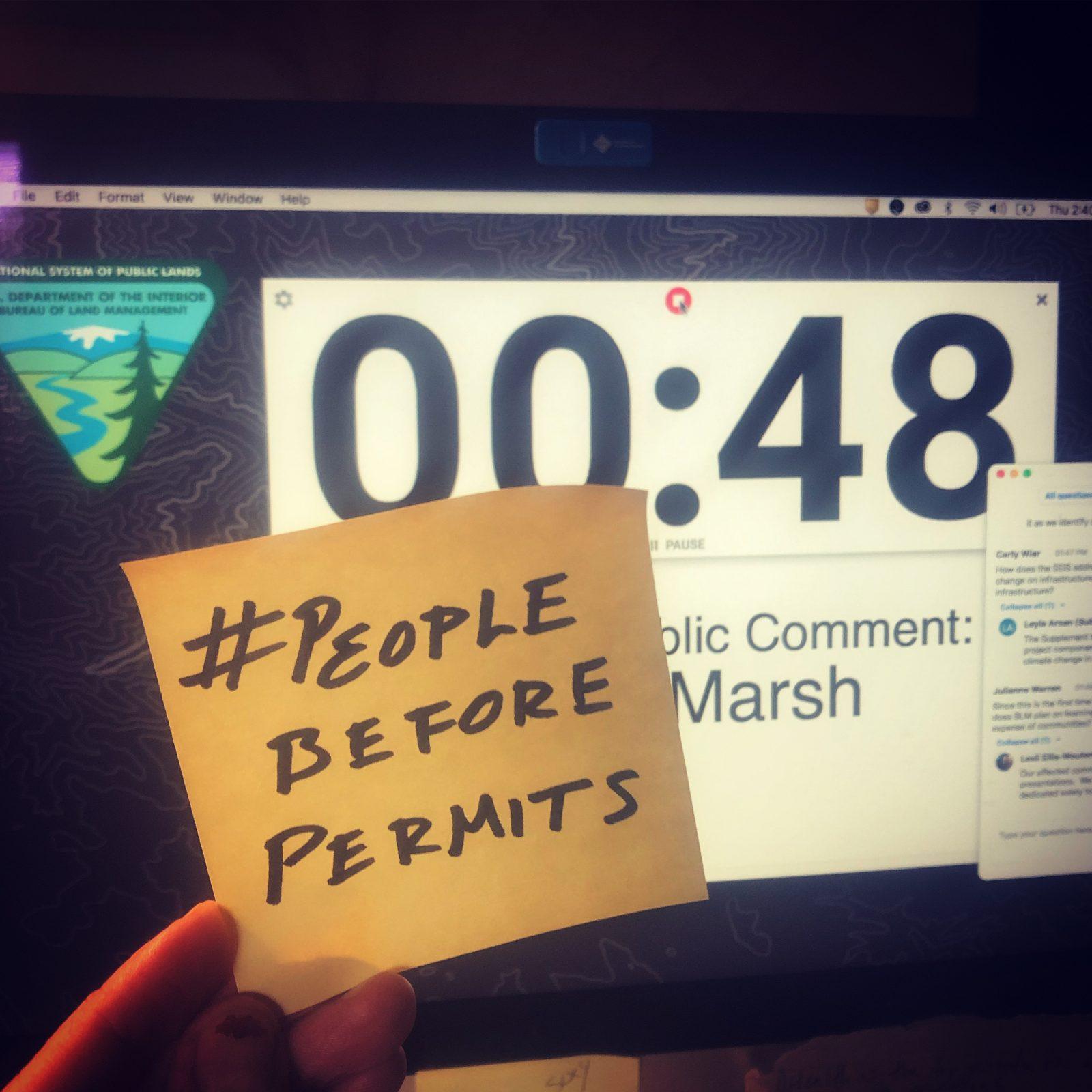
BLM pushes massive Willow oil & gas proposal during pandemic
BLM starts the public comment period for a huge oil and gas project at a time when the public needs to focus on the health crisis.
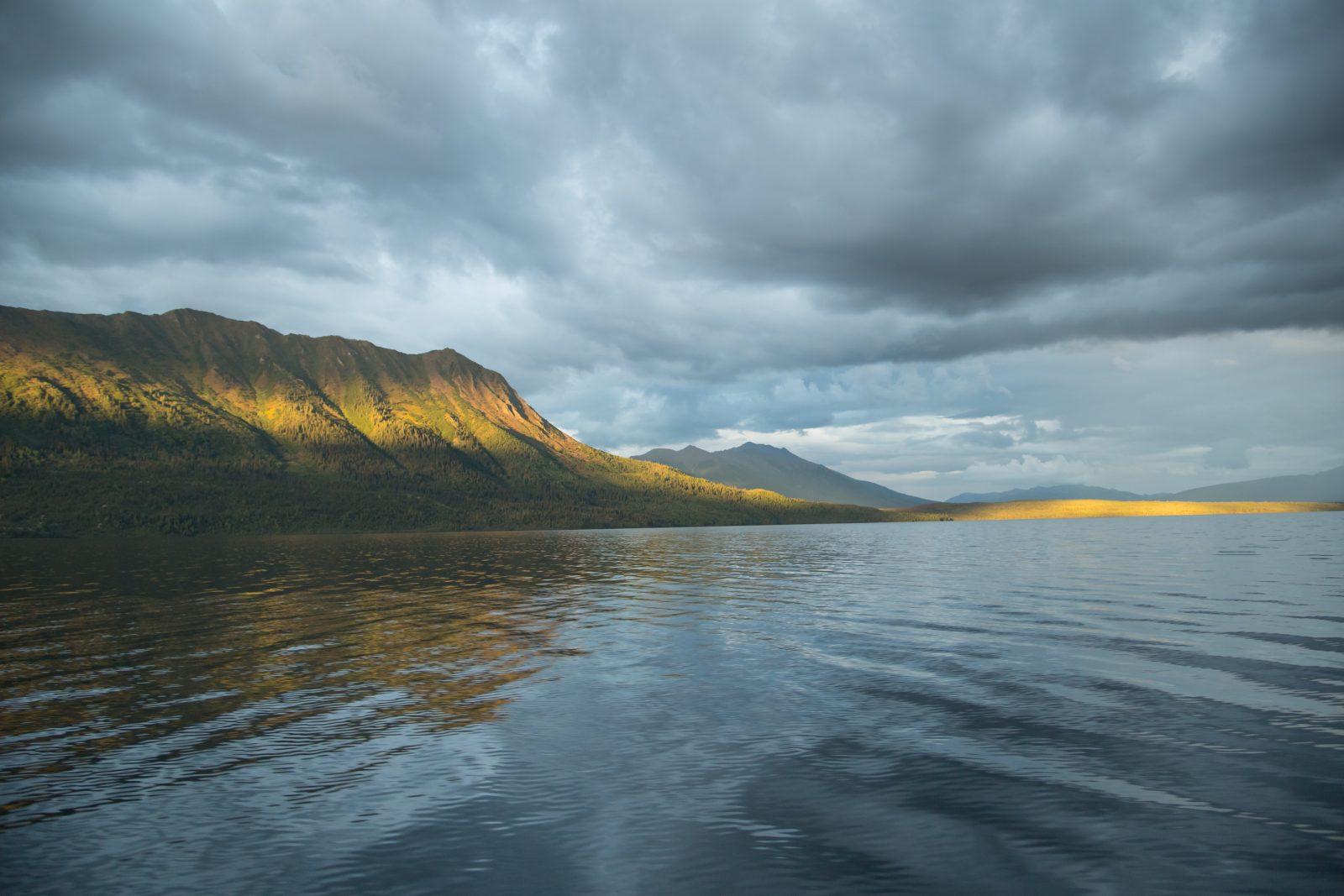
AIDEA uses health crisis to fund industrial road
A public corporation exploited Covid-19 to funnel over $35 million to the proposed Ambler road project.
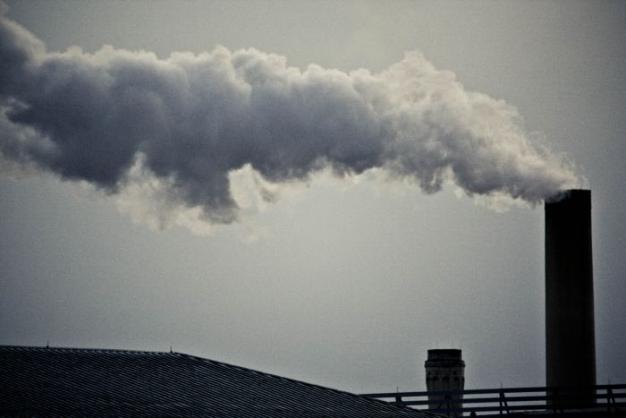
Trumps suspension of environmental laws cannot stand
EPA said it would suspend its enforcement obligations during Covid-19. That’s opposite of what it should do to protect public health.


